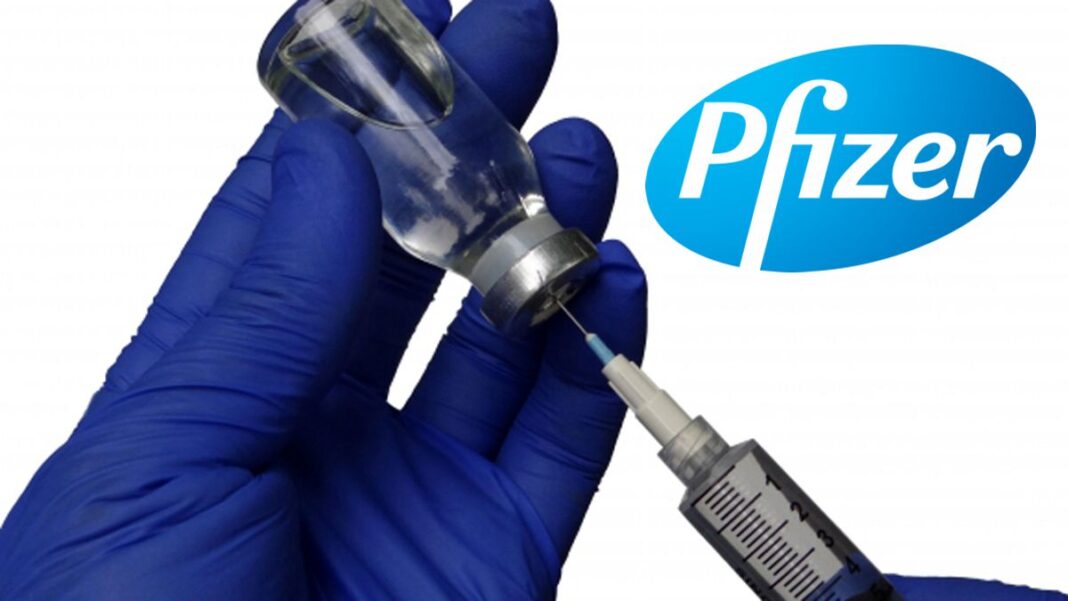Tesla CEO Elon Musk said that bacterial lung infections in patients hooked up to ventilators killed more people than the COVID-19 virus itself.
Tech entrepreneur Elon Musk said Tuesday that it wasn’t so much the COVID-19 virus that killed people hooked up to ventilators as secondary bacterial infections that caused a deadly form of pneumonia.
Mr. Musk made the remark in a wide-ranging discussion on Joe Rogan’s podcast on Oct. 31, in which he brought up a key point first raised in a bombshell study that found secondary bacterial infections of the lung were a key driver of death in people diagnosed with COVID-19 and connected to breathing machines.
“80 percent of the people they put on ventilators died,” Mr. Rogan said, possibly referring to data cited by Dr. Joseph Mercola showing that 76.4 percent of COVID-19 patients aged 18 to 65 in New York City who were put on ventilators died. Among those who were over 65, the mortality rate was 97.2 percent.
Mr. Musk said he spoke with several doctors about what mistakes were made during the first COVID-19 wave.
“They said, ‘We put far too many people on intubated ventilators,'” Mr. Musk said. “This is actually what is damaging the lungs, not COVID,” he continued. “It’s the treatment. The cure is worse than the disease.”
While Mr. Musk didn’t explicitly cite the study (published in late April 2023 in the Journal of Clinical Investigation), its authors found that bacterial lung infections may even have exceeded death rates from COVID-19 among patients who required mechanical ventilation.
Ventilator-Associated Pneumonia and COVID-19
In the study, investigators found that nearly half of patients with COVID-19 developed a secondary ventilator-associated bacterial pneumonia, which they referred to as “ventilator-associated pneumonia,” or VAP.
“Recent data suggest that secondary pneumonia is present in up to 40% and pneumonia or diffuse alveolar damage is present in over 90% of autopsy specimens obtained from patients with acute SARS-CoV-2 infection,” the authors of the study wrote, referring to the scientific name for the virus that causes COVID-19.
By Tom Ozimek








